Scientists warn that a crucial ocean current could collapse, altering global weather – the Los Angeles Times
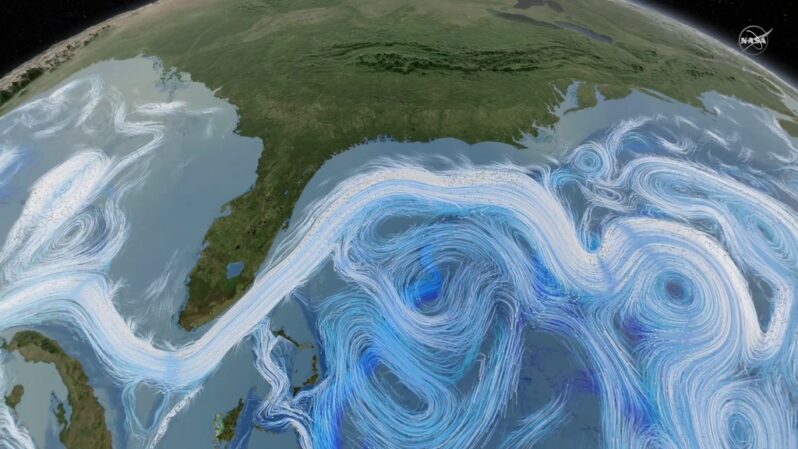
Scientists warn that a crucial ocean current could collapse, altering global weather…The Atlantic Meridional Overturning Circulation, or AMOC, is a system of ocean currents that circulate water in the Atlantic Ocean like a conveyor belt, helping to redistribute heat and regulate global and regional climates. New research, however, warns that the AMOC is weakening under a warming climate, and could potentially suffer a dangerous and abrupt collapse with worldwide consequences…
Decades after the US buried nuclear waste abroad, climate change could unearth it – Grist Magazine
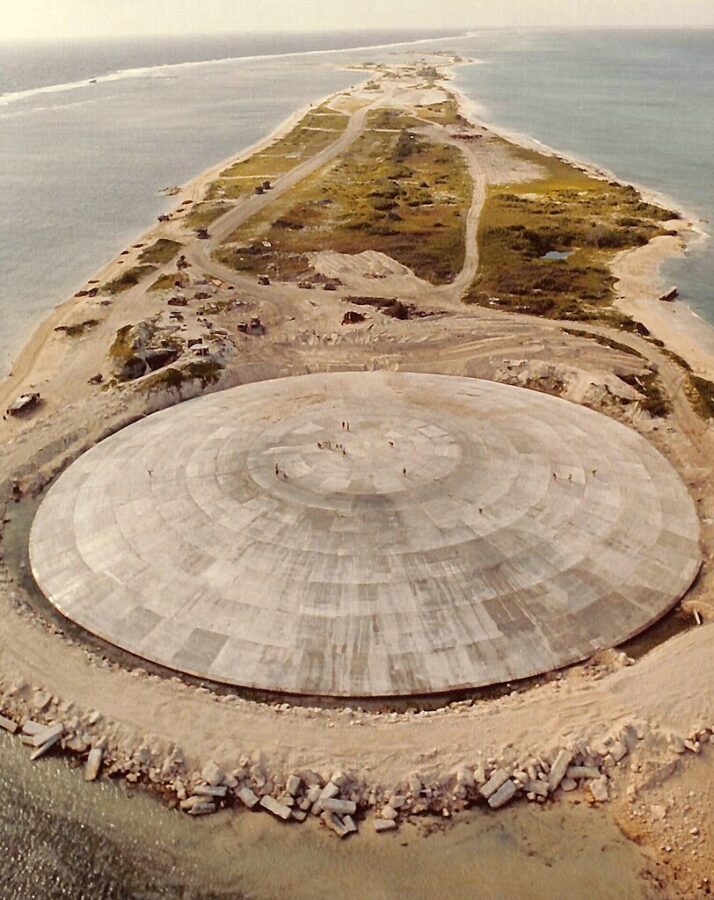
A new report says melting ice sheets and rising seas could disturb waste from U.S. nuclear projects in Greenland and the Marshall Islands…The report summarizes disagreements between Marshall Islands officials and the U.S. Department of Energy regarding the risks posed by U.S. nuclear waste. The GAO recommends that the agency adopt a communications strategy for conveying information about the potential for pollution to the Marshallese people.
Clifftop mansions stand on the brink after severe storms inundate California – the Washington Post
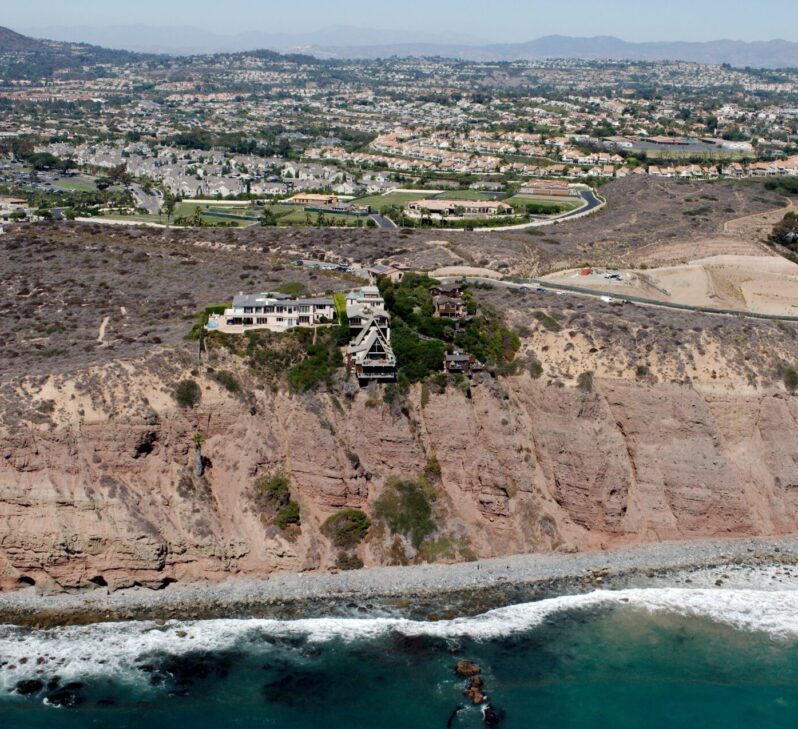
Across Southern California, slope failures and ground movement after a series of storms have put homes in harm’s way…
It’s not just toxic chemicals. Radioactive waste was also dumped off Los Angeles coast – the Los Angeles Times
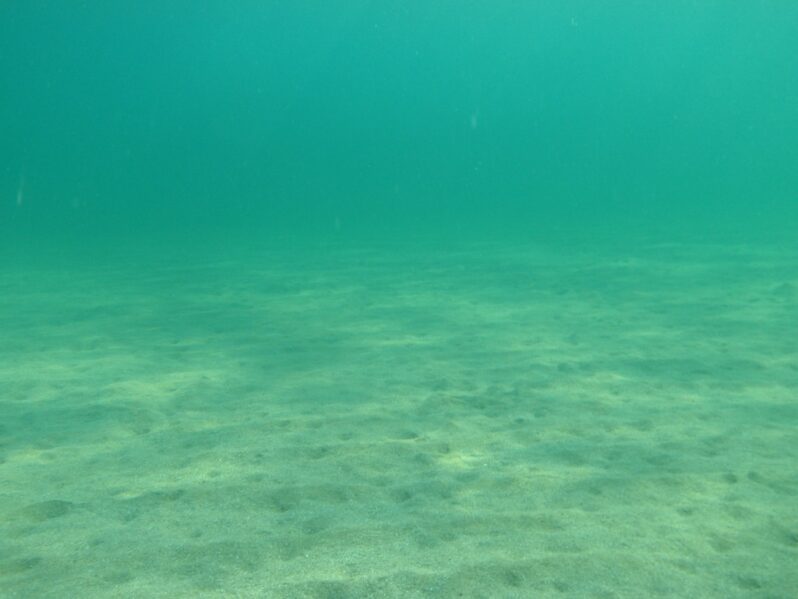
For decades, a graveyard of corroding barrels has littered the seafloor just off the coast of Los Angeles. It was out of sight, out of mind — a not-so-secret secret that haunted the marine environment until a team of researchers came across them with an advanced underwater camera…Startling amounts of DDT near the barrels pointed to a little-known history of toxic pollution…but federal regulators recently determined that the manufacturer had not bothered with barrels. (Its acid waste was poured straight into the ocean instead.)…
Coral bleaching is now so extreme, scientists had to expand their scale for it – the Washington Post

For more than a decade, marine experts have relied on an alert scale from the National Oceanic and Atmospheric Administration to signal how much stress ocean heat is putting on corals and what risk there is for bleaching. The highest on the two-level system, Bleaching Alert Level 2, has for years represented coral catastrophe. That has sufficed — until last summer…
The East Coast Is Sinking | Interactive – the New York Times
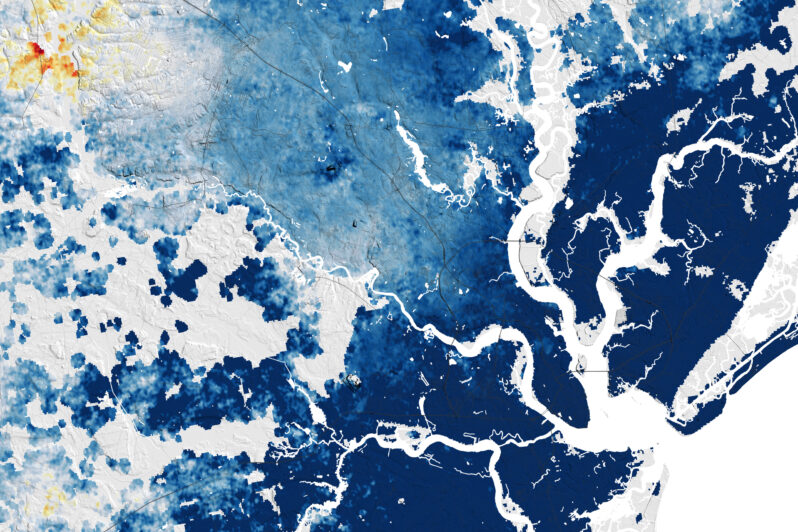
New satellite-based research reveals how land along the coast is slumping into the ocean, compounding the danger from global sea level rise.
A major culprit: overpumping of groundwater.
Reduce, reuse, redirect outrage: How plastic makers used recycling as a fig leaf – NPR

Former industry officials have said the goal was to avoid regulations and ensure that demand for plastics, which are made from fossil fuels, kept growing. Despite years of recycling campaigns, less than 10% of plastic waste gets recycled globally, and the amount of plastic waste that’s dumped in the environment continues to soar..
A ‘collapse’ is looming for Louisiana’s coastal wetlands, scientists say – the Washington Post
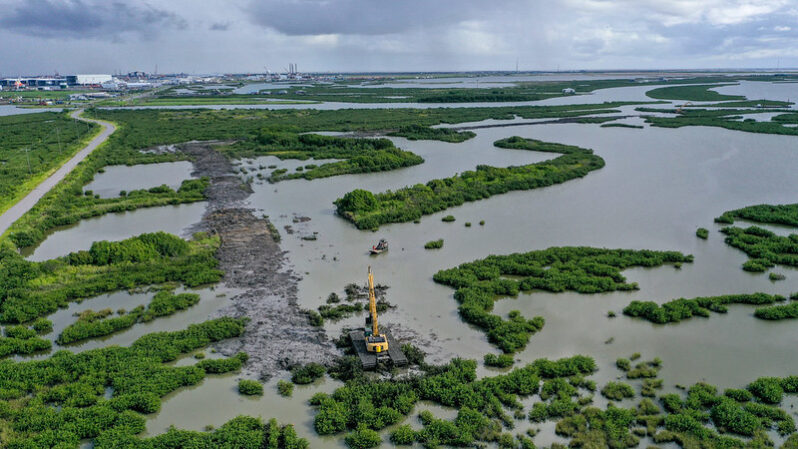
Scientists say the overwhelming majority of the state’s wetlands — a natural buffer against hurricanes — are in a state of ‘drowning’ and could be gone by 2070…
Hurricane Idalia shows nature may provide the best shoreline protection – NPR
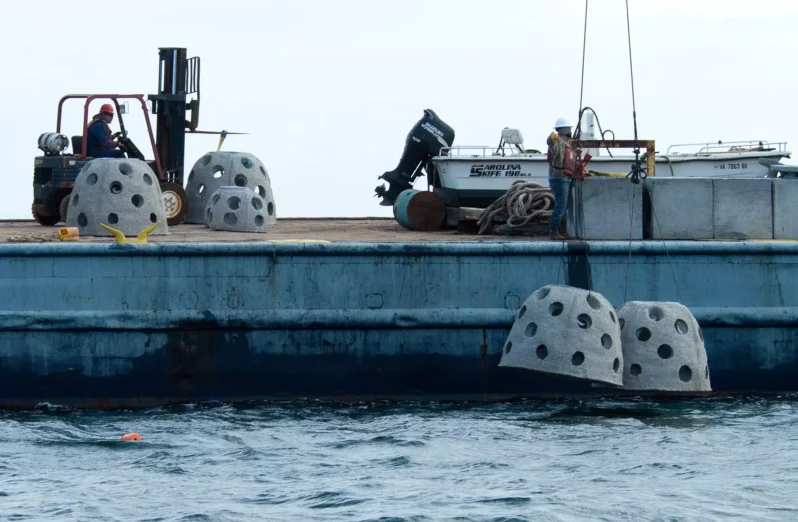
When Hurricane Idalia slammed into Florida’s Gulf Coast in August (2023), one of the hardest hit areas was Cedar Key. A nearly 7-foot storm surge battered the small fishing community…(NOAA) says Idalia caused an estimated $3.6 billion in damage…But on Cedar Key, when the water receded, scientists found some good news amid all the damage. Nature-based “living shoreline” projects built to protect roads, buildings and other structures were relatively undamaged…
